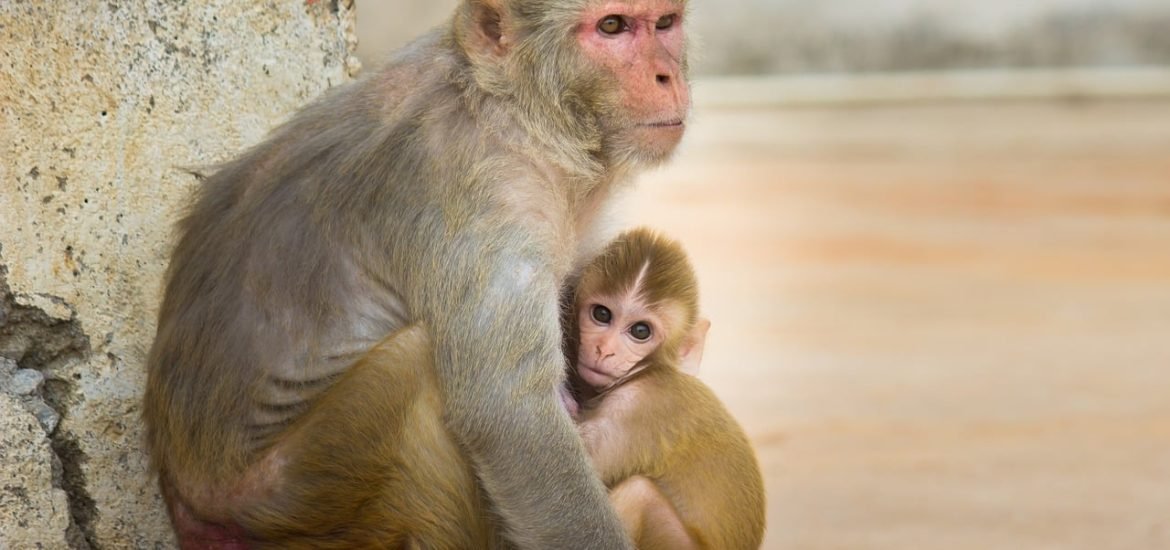
Female rhesus monkeys have fewer friends as they get older and prefer to stay with family and close connections, according to a study published in the scientific journal Proceedings of the National Academy of Sciences (PNAS).
Losing friends later in life is seen as harmful, including for humans. Nevertheless, this new study shows how female monkeys become very selective about who they spend time with and focus more on relatives and long-standing friends. It’s not the case that younger animals don’t want to be friends with these females and ignore them; the changes are driven by the females themselves.
This work involved researchers from the University of Exeter, UK, as well as teams from Arizona State University, New York University, and the University of Pennsylvania. The observations were carried out on Cayo Santiago, also known as Monkey Island, off Puerto Rico.
“This pattern of narrowing social networks with age is common in humans,” said Professor Lauren Brent from Exeter’s Centre for Research in Animal Behaviour. “Our study offers the most conclusive evidence to date that social selectivity is not unique to humans, and therefore might have deeper evolutionary underpinnings.”
The study included data from eight years on more than 200 monkeys, with researchers following the changes in animals’ social lives. Excluding cases such as the death of partners, the researchers found clear evidence that females become very selective as they get older.
“There are many possible reasons why macaques become more socially selective with age. For example, the benefits of social interactions might change with time. Young macaques might benefit from a wide social group that can help them explore and find potential mates,” said Dr. Erin Siracusa, also from the University of Exeter. “For older macaques, it might be easier and safer – in terms of everything from conflict to disease transmission – to stick with family and existing friends. New relationships also require more mental effort, so while we see no decline in time spent socialising, older macaques might save mental energy by shrinking their network.”
Siracusa E, Negron-Del Valle J, Phillips D, et al (2022) Within-individual changes reveal increasing social selectivity with age in rhesus macaques. PNAS, 119 (49) e2209180119, https://doi.org/10.1073/pnas.2209180119